Multicultural Turkey: Strength in Diversity
When Atatürk uttered the words “Ne mutlu Türküm diyene!” meaning “How happy is the one who calls themselves a Turk!” to commemorate the 10th anniversary of the Turkish Republic in 1933, he wanted to promote unity. Although the majority of Turks are and have always been Sunni Muslims, they can also be Alevi, Bektaşi or one of many other schools of Islam.
There is plenty of ethnic diversity too. Along with Armenians, Rum (Greeks born in Turkey), Çerkez (peoples of Circassian descent) and Kurds, people from other countries have lived in Turkey too, particularly in certain parts of Istanbul. This post is dedicated to everyone who calls themselves a Turk or calls Turkey home. It’s a reminder that in multicultural Turkey, no matter how different we are, it’s the similarities that make us strong.
Afro-Turks in multicultural Turkey
Esmeray, full name Esmeray Dirikler, might be little known outside Turkey today, but in her time she was famous throughout the country. In Turkish, esmer means dark and ay is moon, giving her name the meaning ‘dark moon’. Her ancestors are believed to have come from Morocco, making her an Afro-Turk, a small minority group brought to Tukey by the Ottomans as domestic workers and via the slave trade. Esmeray started off as an actress in the 1960s, but it was the haunting beauty of her voice singing about Turkish soldiers that brought her national acclaim.
Her 1977 song, Gel tezkere gel (Come discharge papers come) about homesick Turkish soldiers waiting for their discharge papers to come through, was a huge hit for which she is still known. Although she always identified as Turkish she wanted her audience to be aware of what it was like to be different from others in Turkey, through songs like 13.5 and Unutama Beni (Do Not Forget Me). The lyrics and musical styling in these songs reference her Arabic roots while the themes of love, hope and longing are universal.
Chaldean Catholics in Turkey
Every week, a tiny Keldani community worships in a small ornate chapel of what was once a private apartment, just off Galatasary Square in Istanbul. Also known as Chaldean Catholics, the Keldani originated in Chaldea, a nation that existed between the 6th to the early 9th or 10th centuries BC. It was located in the south eastern corner of Mesopotamia and ethnically and historically the Keldani are considered part of the Assyrian continuity.
As late as 2017 people still spoke Hertevince (as the Chaldean language Hertevîn is called in Turkish) in Ekindüzü village near Siirt in South East Turkey. Although there are very few speakers of the language left in Turkey, it continues to be used by Turks who migrated from the area back in the 1980s. The Istanbul Keldani community welcomes displaced people from countries all over the world to their services and helps them by collecting and distributing second hand clothes and household items.
Russian Molokans in multicultural Turkey
The grid pattern conformity of the streets of the old city of Kars isn’t the only import left behind by the Russians who administered the Kars region on and off from the 19th to the first quarter of the 20th century. The Molokans are another. The Molokans are members of a Russian Orthodox sect that didn’t conform to the established church. They upset Peter the Great in the 17th century when he introduced a policy of Westernisation, by refusing to change their attire and hairstyles as he demanded.
Dairy farmers by trade, the word moloko means milk in Russian. The Molokans believed milk should be drunk every day, contradicting common Russian belief of the time that twice a week was adequate. Their name Molokan means those who drink milk as well as those who break the diet, in reference to the Molokan tradition of eating dairy during Christian fasts. This won them no friends, nor did their preference for worshipping in ordinary homes rather than grand churches. These rituals saw them exiled to Kars during the Russian Occupation in 1877-1878. A handful of Molokans still live in Kars today, and they are known for their hard work and peaceful history.
Karaite Jews in Trakai, Lithuania and Istanbul
Over the centuries Turkey has been home to numerous peoples of all colours, beliefs and nationalities. The vast majority of them ended up in Istanbul, the country’s biggest city. However it wasn’t until I visited Lithuania that I found out about another ethnic group who also called Istanbul home.
I was staying in Vilnius and went on a day trip to Trakai, a small town about 20 kilometres away. Famous for its enormous castle in the middle of a beautiful lake, it was once the capital of Lithuania, home to Grand Dukes and the Karaimes, known in Turkey as Karaite Jews. The Karaime are a Turkic speaking people who have lived in Trakai since the 14th century. The Karaime were known for their fierce manner and were employed as private guards for the Lithuanian rich and powerful.
Today they continue to speak their own language and maintain their own traditions such as worshipping in kenesa, small wooden buildings that function as synagogues. Although originally from Russia, the Trakai Karaime came from Turkey. They first came to Edirne, the then Ottoman capital, in the 14th century by invitation. In the middle of the 15th century Muhammed (Mehmet II) invited the Karaite to settle along the Golden Horn in Istanbul and a kenesa still stands in Hasköy Over time the community spread out around the city, living in Pera, near Galata tower and Karaköy.
By the end of 2021 there were 1,792,036 people from many different countries officially registered as living in Turkey. In addition to them, there are the thousands who pass through on their way to another country or come for a holiday, year after year. That might only be a small percentage of the 82 million strong population, but I believe everyone has something of value to contribute and we each grow and develop from learning new things from one another.
On that note, I wish you all a happy and safe time this December and year end, no matter your religion, philosophy, ethnic background, gender identity, social economic background, profession or status.
Kolay Gelsin for the coming year
With love Lisa Morrow (Inside Out In Istanbul)
***********************************
Planning to come to Istanbul or Turkey? Here are my helpful tips for planning your trip.
For FLIGHTS I like to use Kiwi.com.
Don’t pay extra for an E-VISA. Here’s my post on everything to know before you take off.
However E-SIM are the way to go to stay connected with a local phone number and mobile data on the go. Airalo is easy to use and affordable.
Even if I never claim on it, I always take out TRAVEL INSURANCE. I recommend Visitors Coverage.
I’m a big advocate of public transport, but know it’s not suitable for everyone all the time. When I need to be picked up from or get to Istanbul Airport or Sabiha Gokcen Airport, I use one of these GetYourGuide website AIRPORT TRANSFERS.
ACCOMMODATION: When I want to find a place to stay I use Booking.com.
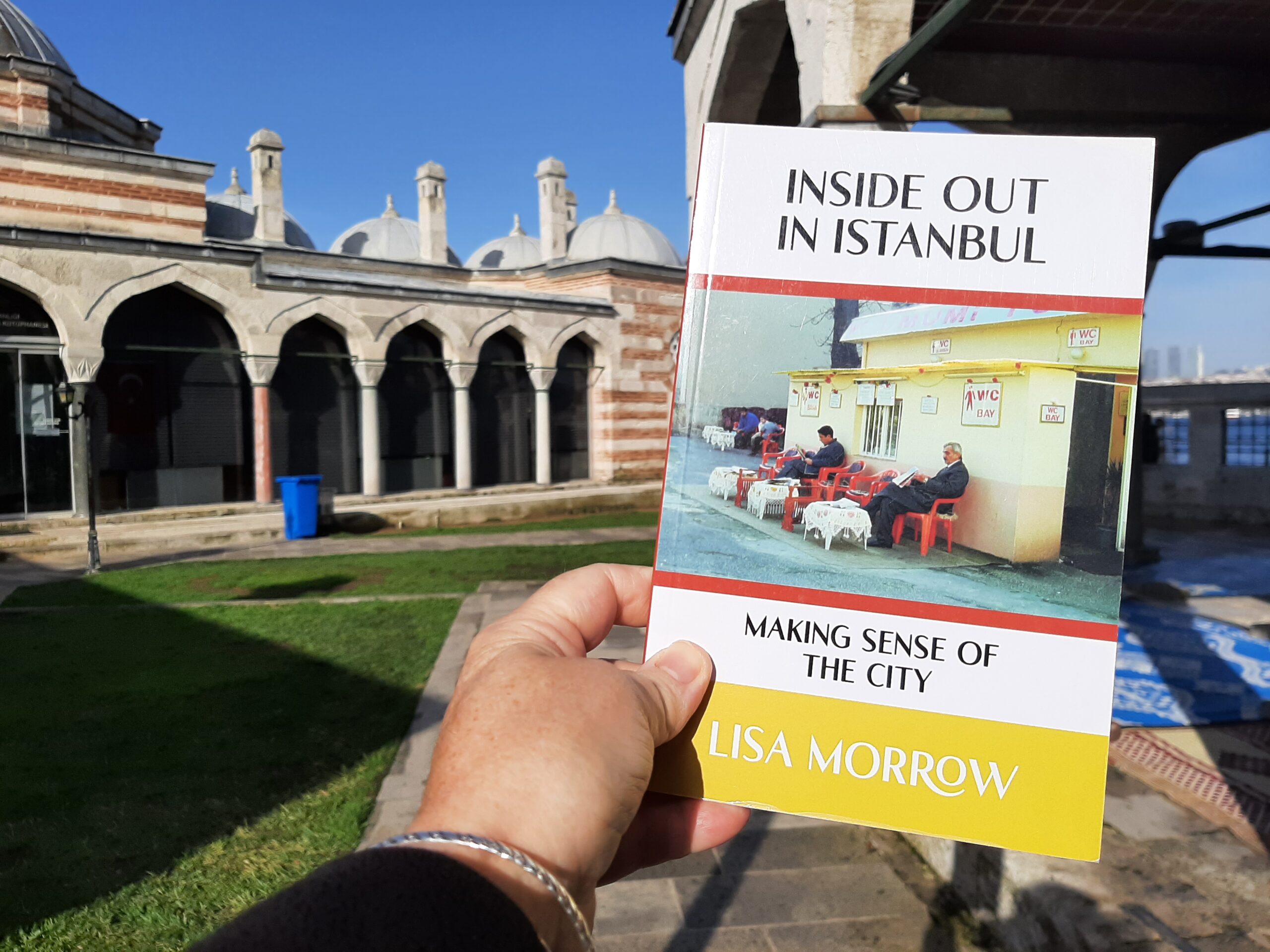
CITY TOURS & DAY TRIPS: Let me guide you around Kadikoy with my audio walking tour Stepping back through Chalcedon or venture further afield with my bespoke guidebook Istanbul 50 Unsung Places. I know you’ll love visiting the lesser-known sites I’ve included. It’s based on using public transport as much as possible so you won’t be adding too much to your carbon footprint. Then read about what you’ve seen and experienced in my three essay collections and memoir about moving to Istanbul permanently.
Browse the GetYourGuide website or Viator to find even more ways to experience Istanbul and Turkey with food tours, visits to the old city, evening Bosphorus cruises and more!
However you travel, stay safe and have fun! Iyi yolculuklar.
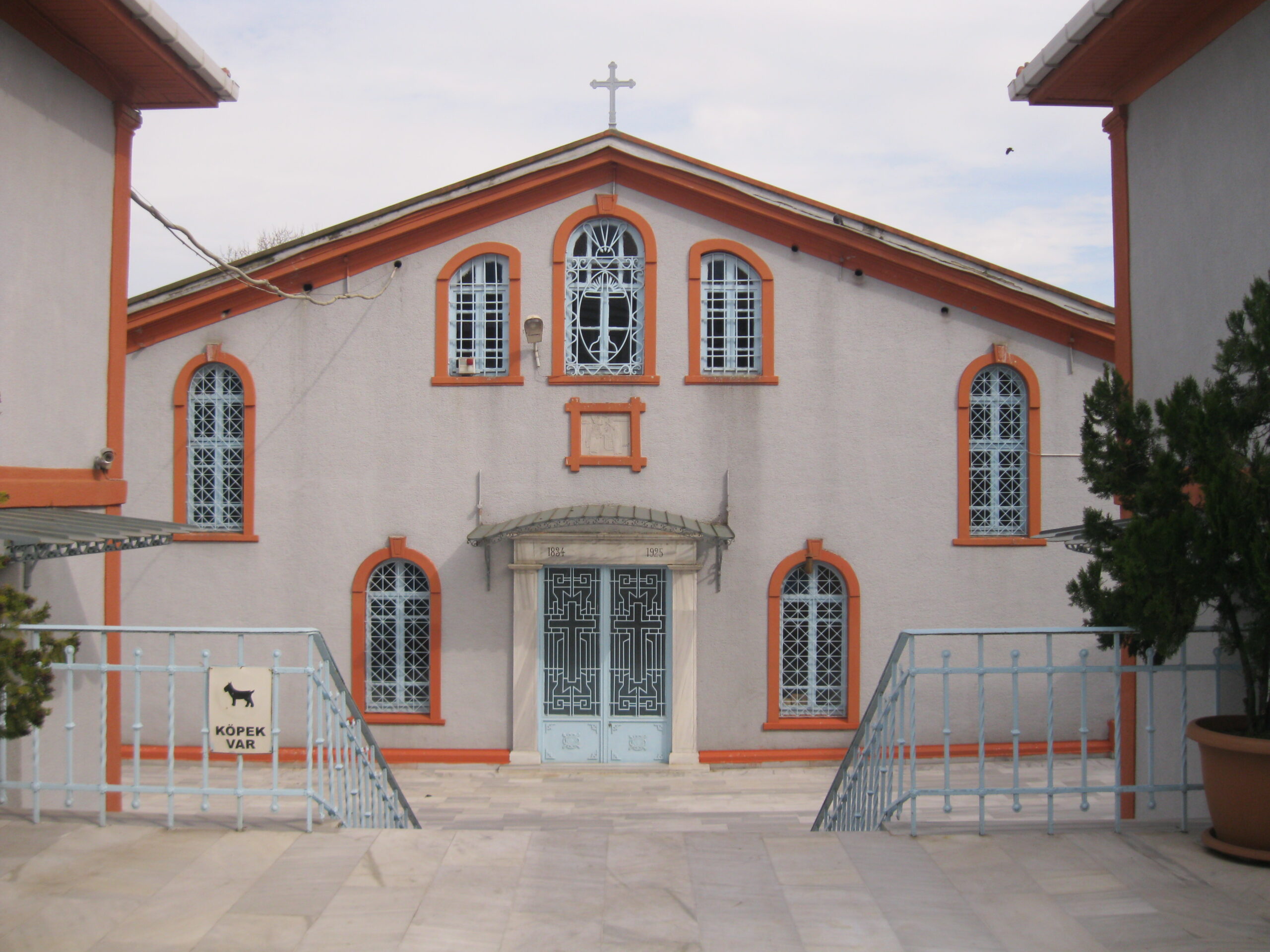
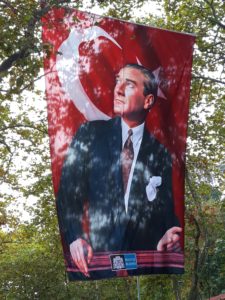
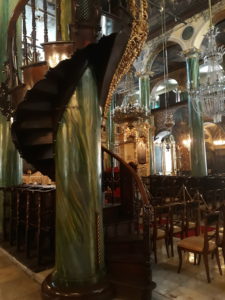
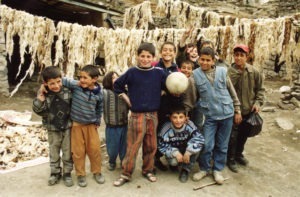
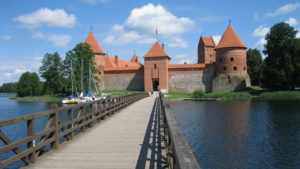
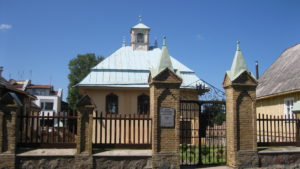

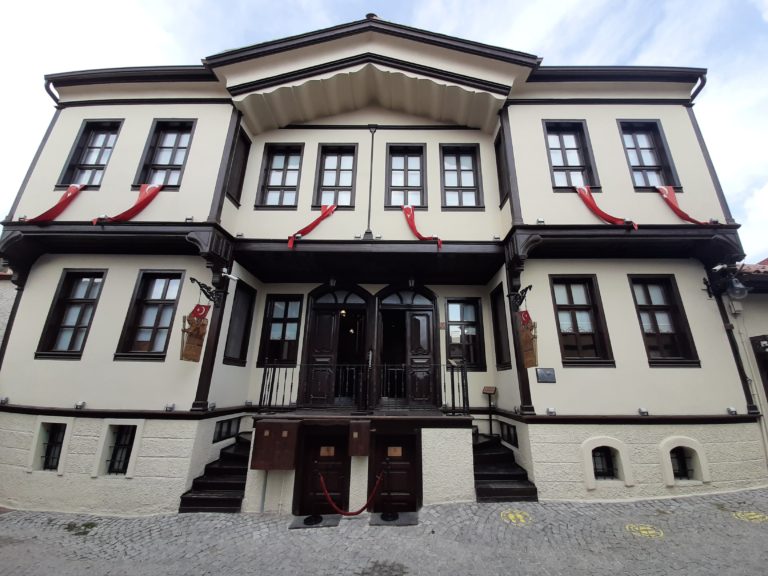
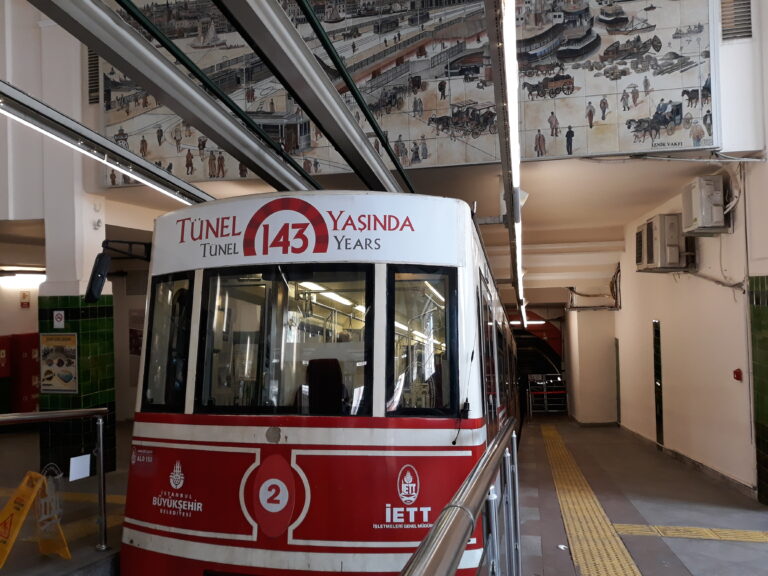
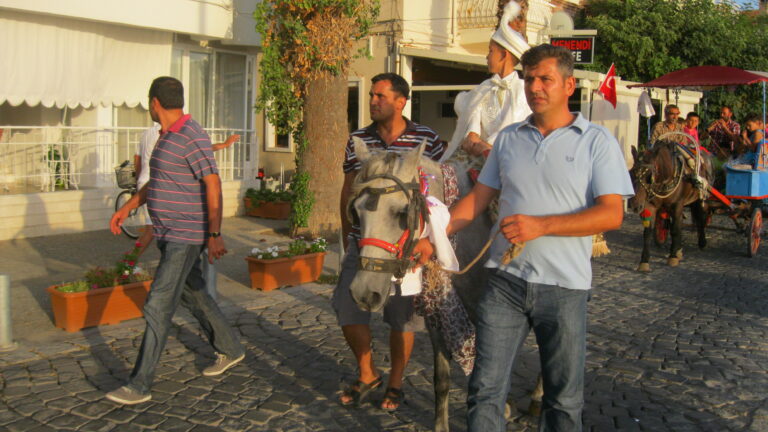
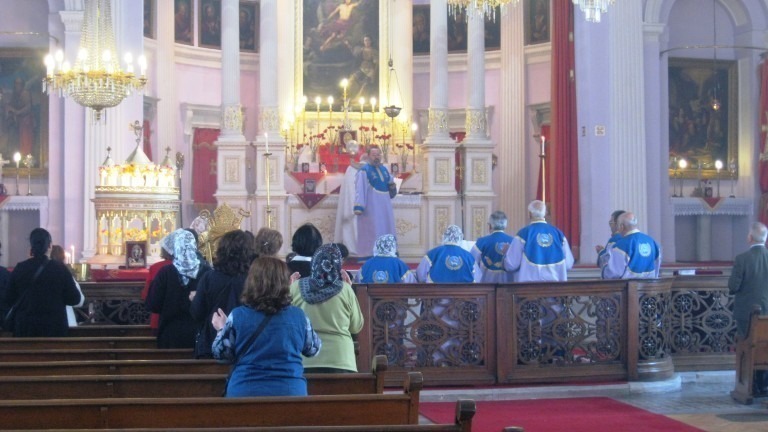
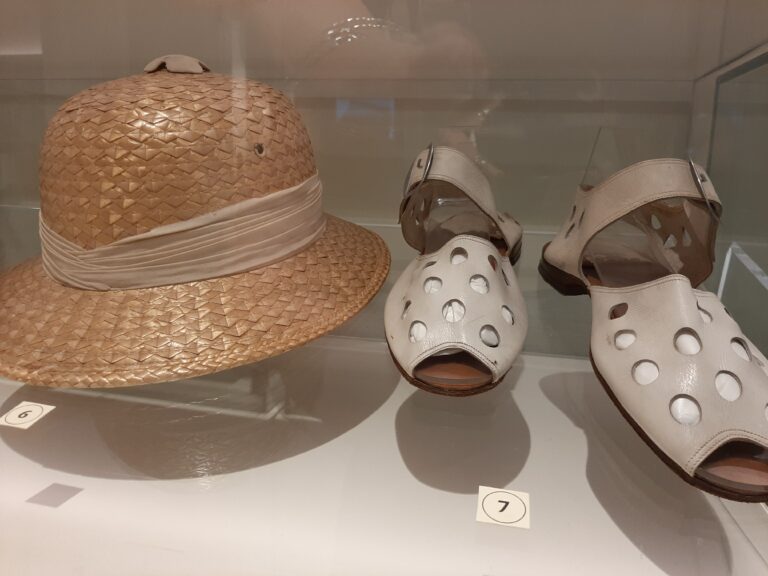
Very informative – thank you.
Thank you, I’m glad you enjoyed it. If you want to follow my blog please subscribe to get new posts send directly to your inbox. Have a lovely festive season.
Very interesting! I have also visited Trakai but did not know of the connection to Turkey. Season’s greetings and best wishes to you Lisa :^)
Glad you liked it Wendy. Even though I know Turkey’s history, I’m always surprised by how far their influence and population has travelled. Have a lovely festive season and happy and safe new year!
Lisa, very interesting read.
Season’s greetings and best wishes for 2020
Martin
Thank you Martin, I’m glad you enjoyed it. And all the best to you too for 2020.
Very interesting! Thank you, Lisa!
Thank you Beatrix, I’m glad you liked it. And thank you also for your ongoing support. I wish you a happy and safe 2020.